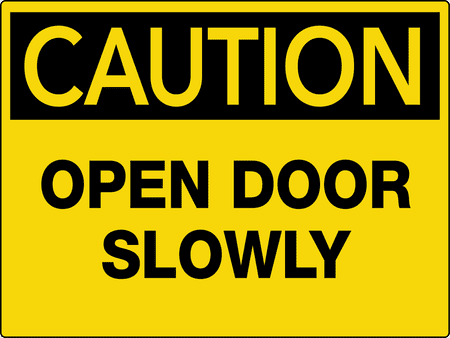
WS33009 caution opendoor slowly 80202.1403546520.450.450
The government bailouts for airlines and aerospace manufacturers in the United States will come with some strings, including the potential for some equity ownership by the government in exchange for their financial support. This seems like a reasonable proposal, given that aerospace firms and airlines have spent nearly $100 billion between them in buying back shares of their stock to raise share prices. That, of course, also has the side effect of increasing executive compensation but is very risky if the value of the stock drops.
With the COVID-19 crisis bursting the overvaluation bubble in the financial markets, it is quite clear that the result of these share repurchases went up in smoke – poof – the value has disappeared overnight with absolutely nothing to show for it. There is a moral hazard in giving money away to folks who have shown the ability to squander it with no strings attached.
Boeing itself essentially burned $43 billion. Yet they complain about companies like TransDigm, who acquire companies with proprietary products that are essential to aircraft production and charge high prices, yielding high margins and returns. What would the state of Boeing be today if they had instead, acquired TransDigm to solve their cost issues? It would certainly be better than the nothing they have today. Or what if Boeing spent the money to build a new middle-market airplane that could compete with the A321neo. Their current offering, the MAX10, falls well short and is being outsold 5:1. Something tangible is what they should have been focusing on, rather than lining their own pockets.
Similarly, airlines who bought back their own stock could have invested in new aircraft and provided the impetus for Boeing and Airbus to further innovate. Instead, their investment is also now up in smoke, while a couple of US carriers have among the world’s oldest fleets of aircraft. We certainly can’t say they are “green” airlines.
Lobbyists for Airlines 4 America and Boeing are fighting government shareholding as a part of the bailout program, and Boeing has gone as far as saying they will not accept government bailout money should shares be a part of that process.
Subscriber content – Sign in [maxbutton id=”1″ ] [maxbutton id=”2″ ] [maxbutton id=”15″ ]




